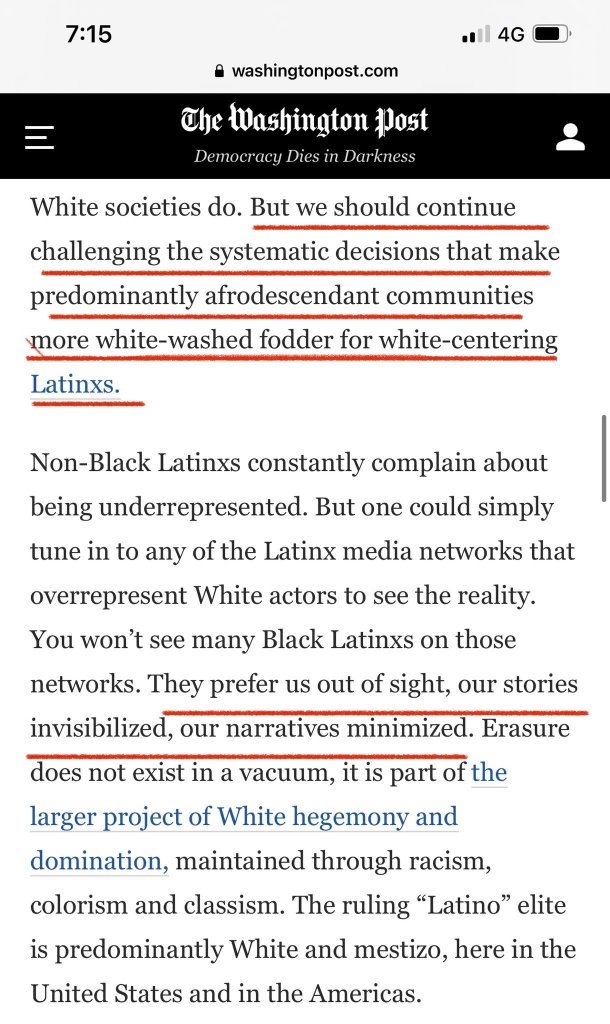
The language is tortured and immensely obnoxious. I experience a strong desire to vomit when I read these pathetic, miserable sentences. But the author is not wrong. This is a very big, important issue.
“Latino” isn’t a look. It isn’t a race. It isn’t an ethnicity. There are millions of black Latinos, and it’s deeply annoying that many people in the US don’t even realize that.
I watch a lot of Mexican telenovelas, and it’s ridiculous that everybody is extremely white in them. “I thought you were watching a Mexican soapie,” N says, glancing at the screen. “But where are Mexicans?”
If anybody a little bit more tanned appears in a telenovela, it’s always as a servant and dressed in the traditional indigenous attire. Which is extremely stupid.
This Lin-Manuel Miranda fellow milked eager US progressives out of tons of money. You got to be stinky rich to see Hamilton. And now that they have a legitimate complaint against him, I think he should listen.